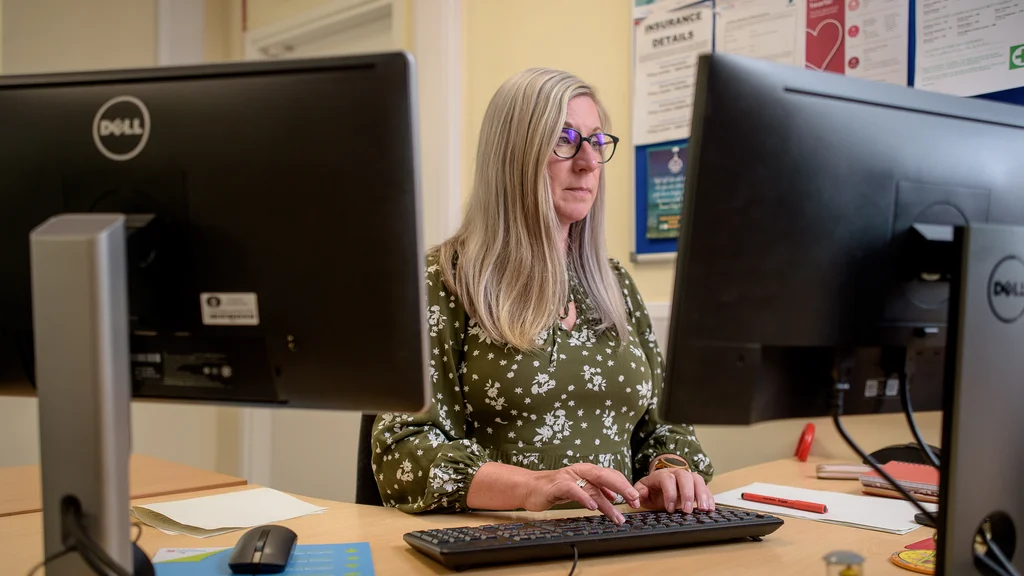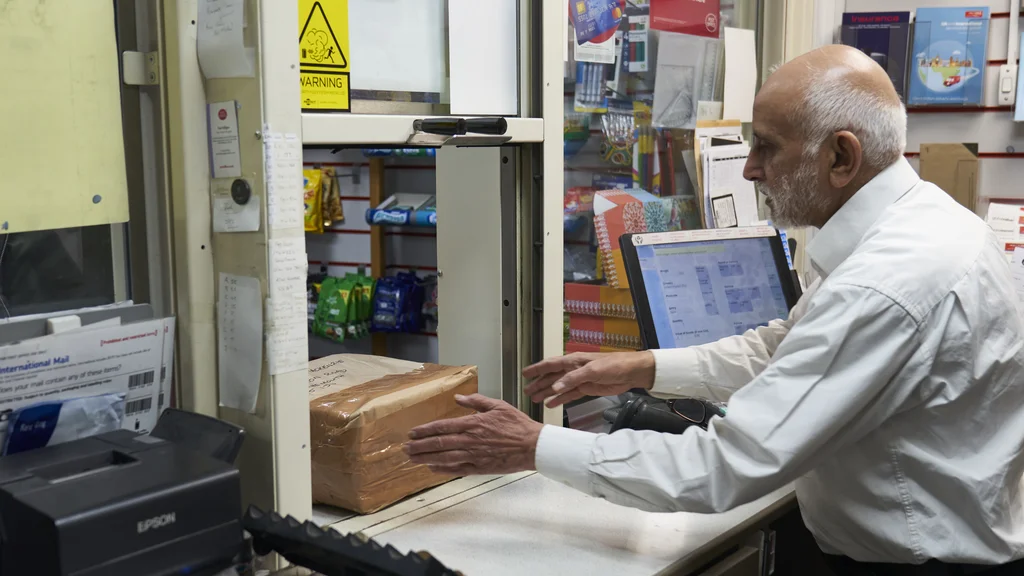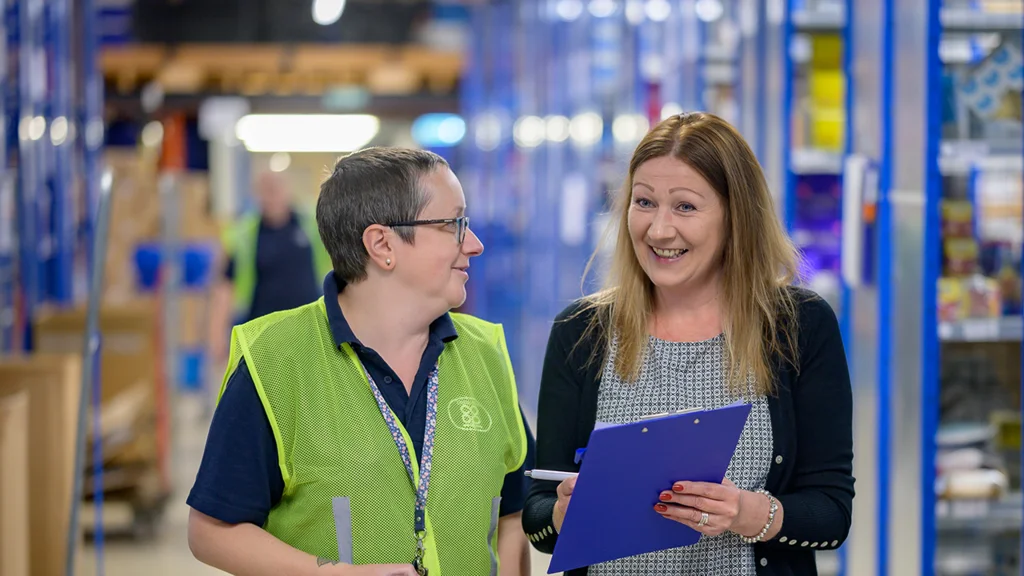Did you know?
Ageism in recruitment
From needing to shrink decades of experience into a few lines for a CV, to having capability for a job second-guessed, there are many barriers preventing people aged 50 and over from finding fulfilling work.
Yet, older colleagues bring incredible value to workplaces and evidence shows that multi-generational teams are more productive and innovative. It's high time that we value older workers.
Watch the video below to hear about the experiences of older jobseekers, and read more here.
There’s no question that ageism is very much present in the workplace, but not fully identified or challenged. As I’ve got older, the gap between jobs has got longer, despite appropriate qualifications and bags of experience. It can be so hard to pinpoint age bias but I hear it in the feedback I get to another failed application, when the recruiter says ‘you wouldn’t want to be managed by someone half your age’, or that ‘you’re over qualified for the role, and would leave quickly’ or even ‘you aren’t quite the right cultural fit'.
What can you do to help?
Discriminating against employees because of their age is already illegal. But more and more employers are going beyond this legal requirement and actively taking steps to show they value older workers.
You can help by encouraging your employer to join the Age-friendly Employer Pledge - a nationwide programme for employers who recognise the value of older workers. Employers that sign the pledge commit to taking just one action – big or small – each year to improve the recruitment and retention of older workers. Over 400 employers have signed the pledge, including many local authorities, Aviva, RSPCA and McDonalds.
What support is available?
For employees:
People over 50 are more likely to become long-term unemployed after falling out of work and are three times less likely to return to work within three months of redundancy than those younger than them. It’s important that people who want, or need to work, have access to the necessary support to help them find and sustain good employment.
Support can be found at:
For employment support providers:
Traditional employment support has not served people in their 50s and 60s as well as those in younger age groups. Ageing Better has tested a number of ways to provide more effective employment and skills support to people aged 50 and over. From the knowledge gained through working with stakeholders and jobseekers we have developed resources for frontline delivery and employer engagement staff, as well as training and a bank of case studies of good practice. Utilising these tools and reflecting on the design and delivery of services can bring about positive change for older workers.

How to navigate ageist attitudes as an employee or jobseeker
Learn more about how ageism can impact the workplace or jobseeking, and explore top tips we've heard for finding a job as an older worker.

Five ways employers can make their workplaces more age-friendly
If you're an employer looking to create a more age-friendly workplace culture, explore our five top tips for getting started.
